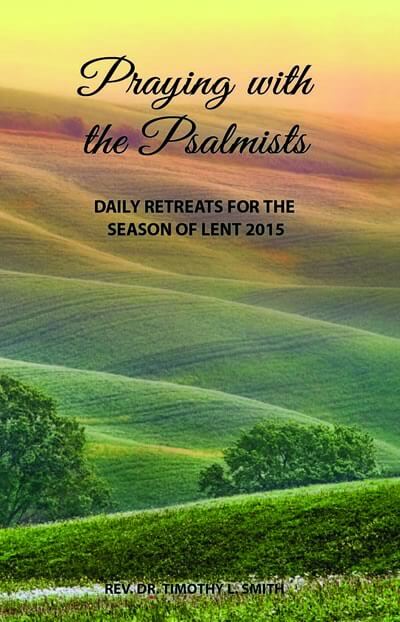 Tasting God’s Goodness
Tasting God’s Goodness
I sought the LORD, and he answered me;
he delivered me from all my fears.
Those who look to him are radiant;
their faces are never covered with shame.
This poor man called, and theLORD heard him;
he saved him out of all his troubles.
The angel of theLORD encamps around those who fear him,
and he delivers them.
Taste and see that theLORD is good;
blessed is the one who takes refuge in him.
Psalm 34:4-8
This radiant psalm of praise and confidence comes from a most unlikely time in the life of David. He was driven by fear and unbelief. The psalm’s superscript (not printed here) gives a hint of David’s spiritual decline. In the superscript David records that he wrote this after he “feigned madness before Abimelech, so that he drove him out, and he went away”. David wants no cover up! He writes to tell us of God’s goodness to him at his lowest, and of how we too can taste and see that the Lord is good!
The sad background of this psalm is laid out in detail in I Samuel 21. There we see David panic, fleeing from the armies of King Saul straight into the enemy camp of the Philistines. From the frying pan into the fire, David stops believing that the Lord will protect him. The same Philistines who had once fled from David he now tries to enlist as allies in his flight from King Saul. But soon David comes to fear the Philistines and feigns insanity to facilitate his escape from them. Pretending madness, David “scratched marks on the doors of the gate, and let his spittle run down his beard” (I Samuel 21:13). Hardly the gallant warrior we have come to know and love! Left with nowhere to run, David flees to the wilderness and holds up in a cave (I Samuel 22:1-3).
The future has never looked so bleak for David as it does in this cave. Yet, it is precisely in this cave that David is moved by God’s Spirit to write this testimony to God’s goodness.
Writing from his own brokenness David cries: “This poor man called.” Until we realize we are broken beyond our ability to “fix it”, we seldom call out to God for deliverance. David had feared Saul, and then the Philistines, but when he called out to God, the Lord “answered me; he delivered me from all my fears”. David wants readers to know that if they will only look to God in times of trouble, they will be “radiant” and “their faces are never covered with shame”.
In his wilderness cave David now knows that he has a guard watching over him: “The angel of the LORD encamps around those who fear him, and he delivers them.” Bible scholars point out that in the Old Testament “the angel of the Lord” is the Second Person of the Trinity, the pre-incarnate Christ (Genesis 16:7-14; 48:16; Judges 6:11-23; 13:22-23; Zechariah 3:1-3). With eyes of faith David sees that it is the Lord Himself surrounding and protecting him, not only him, but all of God’s trusting people.
David calls on all who are in any kind of trouble or distress to experience for themselves the Lord’s goodness: “Taste and see that the LORD is good”. Taste the Lord’s goodness yourself! Find out in your experience! Try God’s goodness for yourselves and experience it as one would taste a new food. For, “blessed is the one who takes refuge in him.”
Perhaps, like David, you find yourself in a wilderness. Whether your wilderness is the result of your sin or the sin of others, do not let your wilderness keep you from God. Rather, let this time drive you to the Lord who watches over and cares for you. “Taste and see that the LORD is good”.
READ REFLECT RESPOND REST
RECORD (optional)


 Tasting God’s Goodness
Tasting God’s Goodness